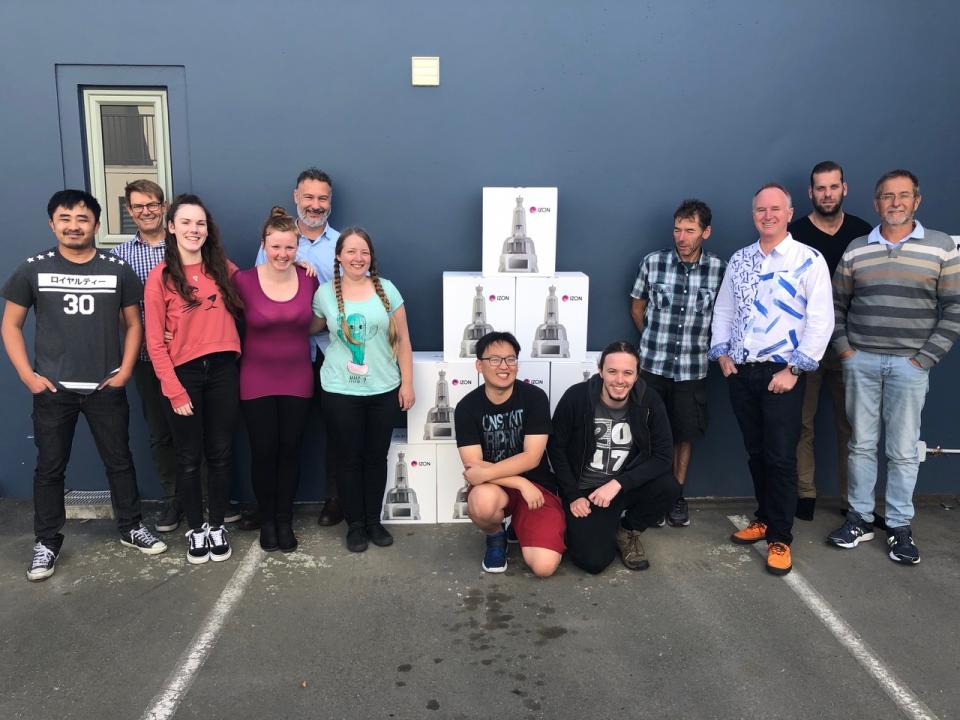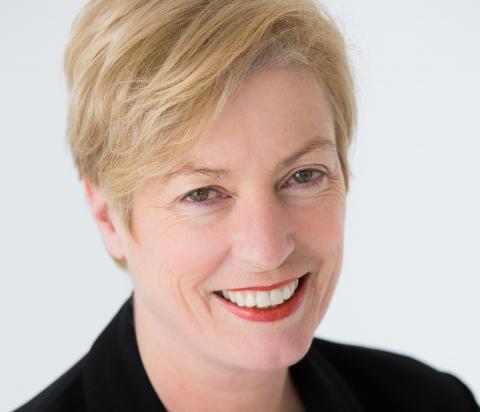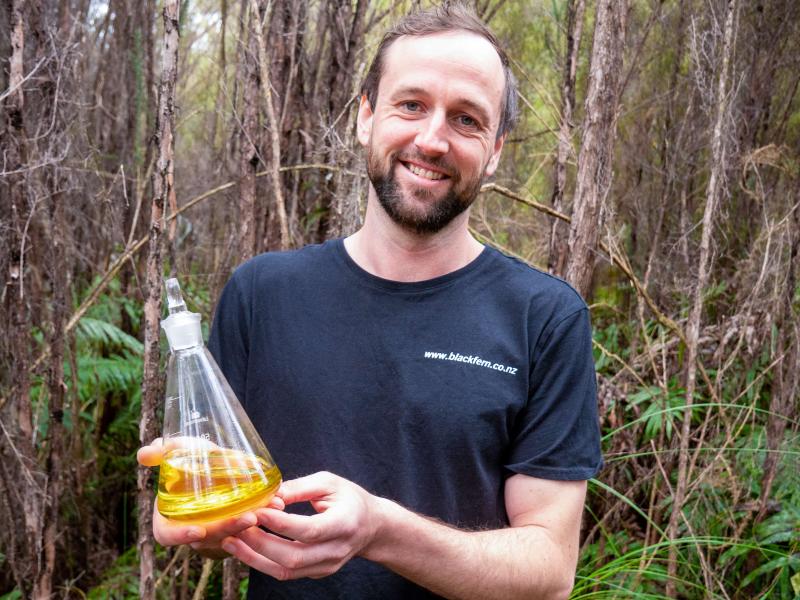Izon Science is a great example of a Kiwi science exporter succeeding in a niche market – but on a global scale. Catherine Beard has their story.
Big value can come in small packages – as is being proven by New Zealand’s growing scientific tech sector. An example of this comes from Izon Science, a world leading manufacturer of nano-biological separation and characterisation tools – such as measuring complex nano-bio particles.
When I spoke to Izon CEO Hans van der Voorn he explained how 130 cubic metres of pine timber has the same dollar value as their qNano product that’s the same size as a box of beer. It certainly makes you think.
Of course, there is still always the challenge of figuring out the right product for the right market. So how did they do it?
“We started with just an idea, and it took quite a few years before we had a real product,” explains Hans. “The New Zealand market was tiny for our niche products so a global outlook was always the only viable option. We got serious about selling internationally from 2010 – five years after we started operations in Dunedin, based on developing the IP around size-tunable nanopores for DNA analysis, which we ended up not doing”.
Through attending overseas conferences they were introduced to nanotechnology researchers in the UK, US, and Singapore, and decided to open offices in the UK and US, covering Asia-Pacific from New Zealand.
“We had a very specialised and unique product so everything was done on a one-to-one basis. It was hard going to be honest and we always struggled for money,” says Hans.
Over time they got better at understanding what they can offer and matching that with what customers want – expanding their product range to include nano-bioparticle separation as well as nanoparticle measurement. They are rapidly becoming the world leader in the separation and purification of exosomes – attracting great interest from the medical research community as this offers many better options for diagnostics and therapies.
“Scientific credibility is really important for us. Our customers are at the frontier of medical research. We need to show that we understand their problems and can solve them,” says Hans.
“We’ve now exported over $22 million of products and expect to get to $50 million in the next few years.
“We don’t see exporting as separate from the rest of our business. We’ve had the usual business challenges – including shortages of capital, finding the right people in the right place and time – but they’re more critical to resolve when you’re a small company operating all over the world. “You need to have a best in class product to overcome inertia and bias, and for customers to adopt your particular solution. For a small company, you need to pick a small specialist market that you can become dominant in.”
Izon are certainly demonstrating this. Producing the world’s first automatic fraction collector (AFC) for separating out exosomes from other fluids like blood plasma. They expect it to quickly become the global standard in this small but rapidly growing biomedical field.
Moving forward, Hans says that when exosome research moves through to product development and into high volume clinical products such as cancer tests, they aim to be the default provider of the nano-bio technology at all of those stages.
“Later this year we plan to list on the NZX with the aim of becoming the first $1 billion biosciences company in New Zealand.”
Hans’ top export tips:
- Think about going global from day one.
- Pick a specialist market that you can become world-leading in.
- The Internet makes it possible to run a global business from New Zealand, but people still want to deal with people.
Photo: The Izon product development team.
Catherine Beard is executive director of ExportNZ, which assists exporters throughout New Zealand.






